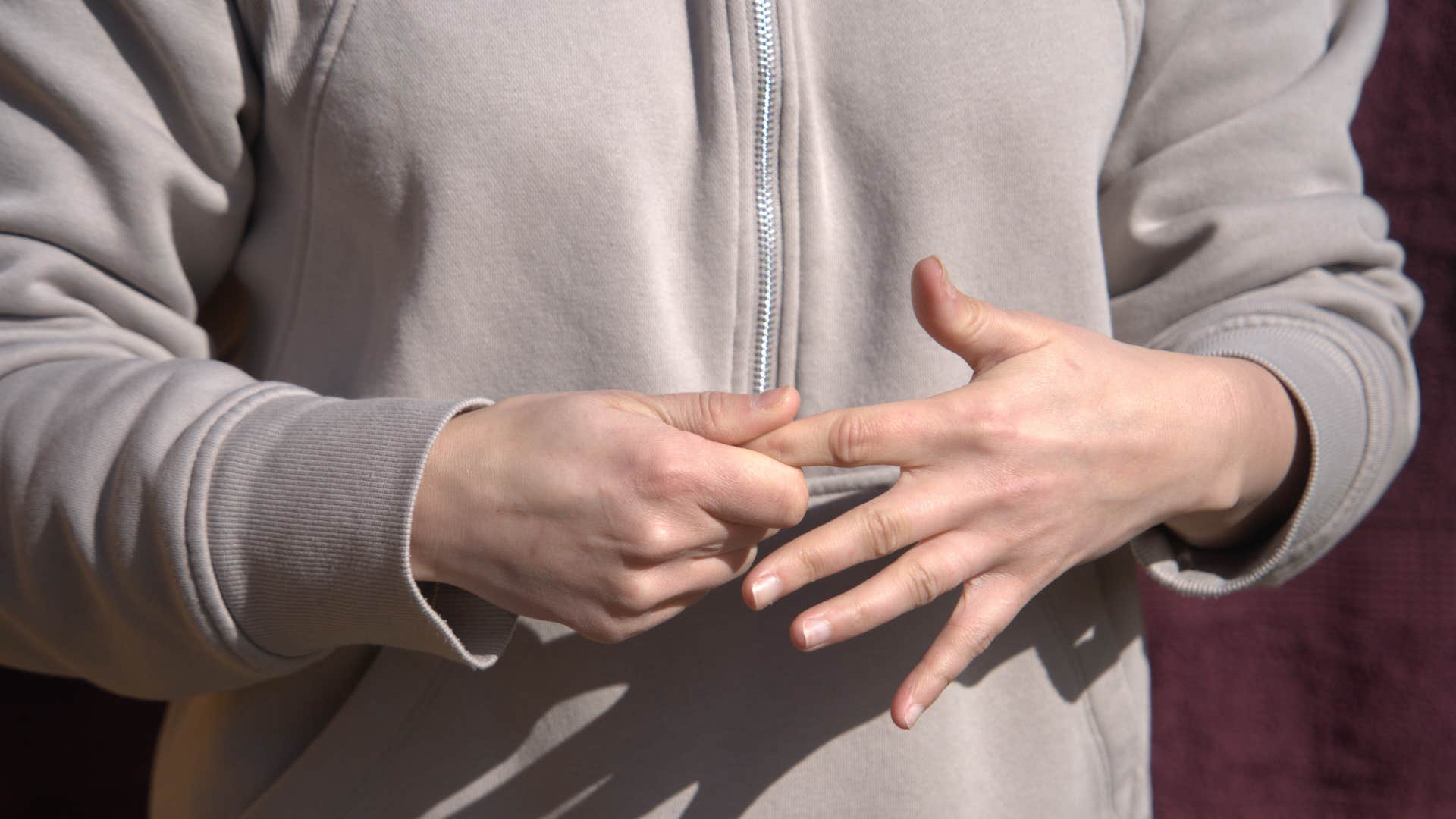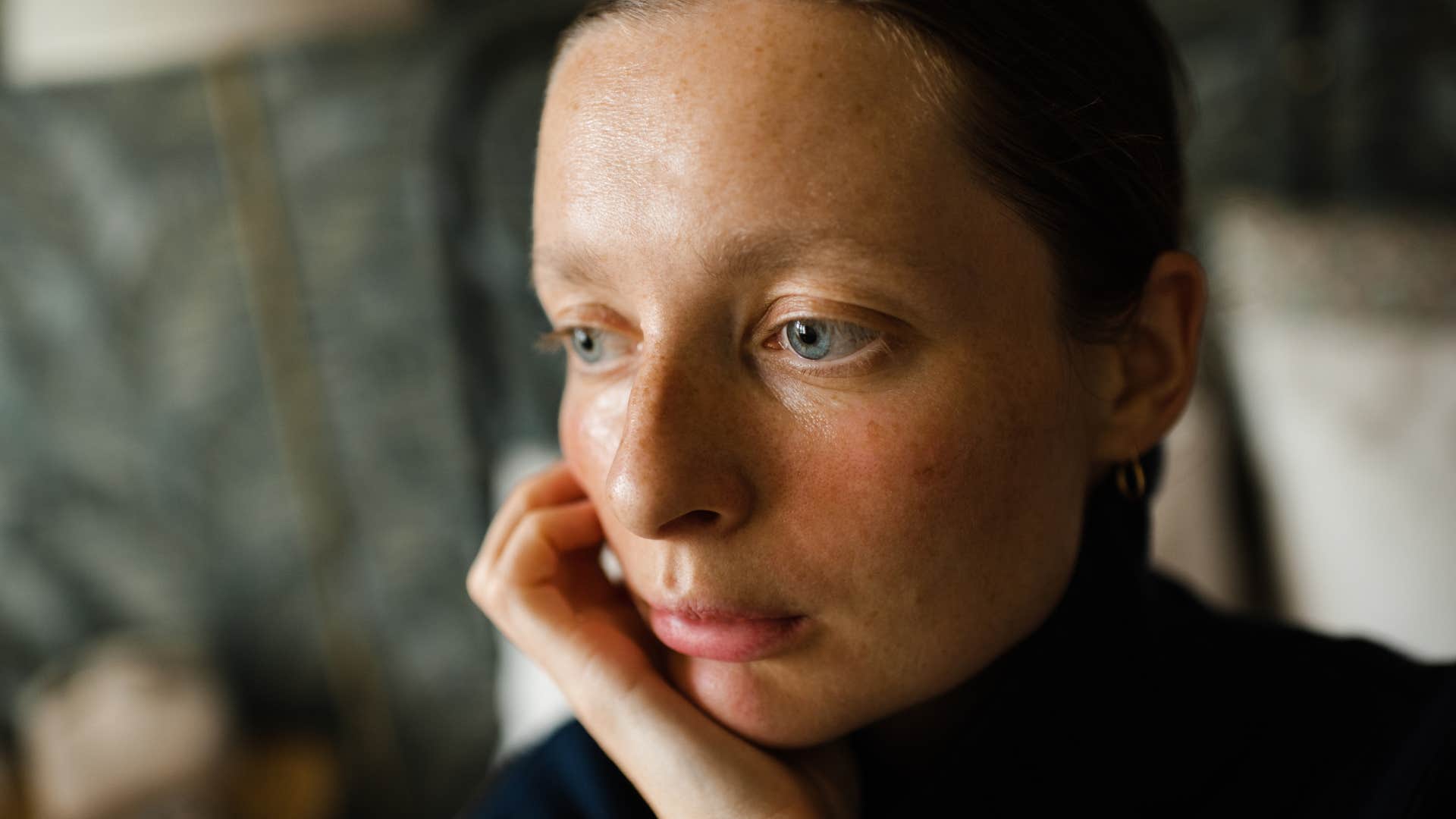Ever wonder if that forced grin your colleague flashes is actually their soul fleeing the scene? Or why your otherwise put-together friend suddenly seems like they’re auditioning for the role of “Unshowered Extra” in a zombie flick? Well, surprise — stress isn’t just a mind game; it’s a full-body production, complete with subtle (and not-so-subtle) on-screen cues. When the planetary vibes are stirring up our emotional pot, like a jittery Mercury nudging nerves into overdrive, cortisol levels spike and your body’s internal script flips. Think executive functions take a hit while digestion throws up its hands—yeah, that’s stress backstage messing with the show. So if you’re squinting at someone and thinking, “Hmm, why’s their smile look rehearsed or why can’t they keep still?” — you might just be spotting the physical plot twists of hidden stress. Ready for the full rundown on these telltale signs that someone’s more frazzled than they dare admit? Buckle up. LEARN MORE.
Even if we tend to experience chronic stress and nervousness internally, characterized by restlessness and racing thoughts, there are also a number of physical changes that can happen. When stress levels and hormones like cortisol shift, it’s internal processes like executive functioning and physiological behaviors like digestion that shift the way our bodies operate, heal, and thrive.
So, chronic stress isn’t always a silent struggle for many people, even if their friends and family aren’t seeing the full picture of what they’re going through. From being overly fidgety to struggling with smiling in a natural, positive way, if you notice these things about someone’s appearance, they’re more stressed than they’ll ever admit.
 Ground Picture | Shutterstock
Ground Picture | Shutterstock
Many people dealing with the internal, emotional dysregulation and chaos that chronic stress brings find it difficult to put on a happy face. Their brains are already coping every single second with the stress they’re battling on the inside, so seemingly natural and superficial things like smiling when someone’s talking to them feel impossible.
So, if you’re talking to a friend or a co-worker and notice their smile and laugh feel faker than normal, it could be a sign that they’re more stressed than they’ll ever admit. Their fake smiles are even sometimes a ruse to hide their internal struggles, even if it’s more representative of their distress than they realize.
Advertisement
 JKstock | Shutterstock
JKstock | Shutterstock
Considering many elements of mental and physical health are intrinsically linked — like restless behaviors, poor sleep, stress, and depression, according to experts from Stanford Medicine — it’s not surprising that the most harmless-seeming behaviors are more influential than they seem.
For example, someone who’s unable to relax and sit still is sometimes dealing with internal anxiety or stress. Their brains are so busy coping with internal turmoil that they’re always needing to fidget for a sense of relief, whether it’s with their hair, clothes, or rolling around restlessly in bed before falling asleep.
Advertisement
 PeopleImages | Shutterstock
PeopleImages | Shutterstock
When we’re experiencing stress, even on the inside, our muscles tend to tense up. Even if we’re not necessarily aware of it, subtle tense muscles can be visible to other people — especially in places like our face, shoulders, and upper body. Our bodies are holding onto and finding a subtle way to cope with the stress it’s burdened with on the inside.
So, if you notice someone’s clenching their jaw or holding tension in their shoulders, that could be a sign that they’re more stressed than they’ll ever admit.
Advertisement
 Trzykropy | Shutterstock
Trzykropy | Shutterstock
Some mental health conditions, like depression, can cause “shower avoidance” — largely because of shifts in executive functioning that make seemingly basic tasks like doing chores or bathing themselves harder. However, according to a study from Neuroscience & Biobehavioral Reviews, changes in cognitive and executive functioning are also associated with chronic stress and fatigue.
So, if you notice signs of shower avoidance — things like greasy hair, old makeup, or even a smell — within someone’s appearance, they’re more stressed than they’ll ever admit.
Advertisement
 New Africa | Shutterstock
New Africa | Shutterstock
While it’s never appropriate to call out someone’s weight or make assumptions about their body, if you notice that someone you know well’s weight has drastically changed in one direction or another, it could be a sign that they’re more stressed than they’ll ever admit.
For some people, comfort foods and eating become a coping mechanism for dealing with their stress; for others, a change in appetite makes finding time for meals a struggle. Either way, eating habits and a relationship with food can drastically alter a person’s appearance in the face of their internal struggles with stress or anxiety.
Advertisement
 PeopleImages | Shutterstock
PeopleImages | Shutterstock
According to a study from Brain Sciences, breathing strategies and deep, belly breathing often relieve and alleviate stress for most people. That’s why mindfulness with meditative breathing is often a stress-relieving practice — it brings people out of their heads and into their bodies again.
However, if someone is only ever taking shallow, quick breaths, chances are they’re not living in a mindful, grounded space. They’re rushing around, stuck amid the restlessness of their minds, and struggling to find a moment of peace — no wonder it’s a physical sign that someone’s dealing with more stress than they’re willing to admit.
Advertisement
 Benevolente82 | Shutterstock
Benevolente82 | Shutterstock
Blinking rapidly and more often than normal is often associated with cognitive overload — from things like emotional turmoil, racing thoughts and anxiety, or even chronic stress. So, if you notice someone’s blinking habits are changing or they’re looking constantly restless trying to focus on something visual, that could be a sign that they’re more stressed than they’ll ever admit.
In some cases, they may not even realize that the stress they’re currently experiencing is unsustainable. They’re able to avoid or “cope” with it, even if it’s at the expense of their well-being.
Advertisement
 PeopleImages | Shutterstock
PeopleImages | Shutterstock
If they’re struggling with tangible stress and chaos, like not having enough time to get all their work and personal responsibilities done, chances are picking out a new outfit is the least of their concerns. If rewearing the same outfit or sleeping in their work clothes saves them time, they’ll do it — sometimes without even realizing that they’re rewearing things.
Of course, on a deeper, internal level, cortisol spikes and physical stress often change the framework of how our bodies work and behave, but changes in external things like clothes or bathing are just as emblematic of shifts in stress.
Advertisement
 Friends Stock | Shutterstock
Friends Stock | Shutterstock
According to a study from BMC Research Notes, stress and fatigue are inherently linked, with both often influencing the other in subtle ways. When someone is always dealing with internal turmoil, emotional distress, and chronic stress, it will show up in the form of fatigue when they finally have a second to “relax” or stop self-soothing.
Their brains have been working overtime, so when they have a second to step back, they crash. So, if you notice someone always looks tired or has dark circles around their eyes, it could be a sign that they’re more stressed than they’ll ever admit.
Advertisement
 Imageologist | Shutterstock
Imageologist | Shutterstock
Like the rest of their body and even internal thoughts, a person who is chronically stressed is often also restless with their hands. They’re always touching or fidgeting with something, tapping, and moving around, largely to cope and self-soothe from the internal chaos they’ve already grappled with.
While it’s often helpful to relieve stress on a small scale — which is why “fidget spinners” have grown so wildly in popularity — for someone who’s tolerating or coping poorly with stress, in general, it only provides a fleeting moment of respite, usually at the annoyance of the people around them.
Advertisement
 morrowlight | Shutterstock
morrowlight | Shutterstock
According to a study from Inflammation & Allergy, chronic stress and a constant state of “fight or flight” in the body can often influence our skin more than we realize. Not only does this internal stress influence muscle tension, it can also change circulation, modify immune system efficiency, and even alter the way blood flows into our face.
That’s why if you notice someone looks paler than normal or drained in their face, it could be a sign that they’re more stressed than they’ll ever admit.
Zayda Slabbekoorn is a senior editorial strategist with a bachelor’s degree in social relations & policy and gender studies who focuses on psychology, relationships, self-help, and human interest stories.
Advertisement
Auto Amazon Links: No products found.